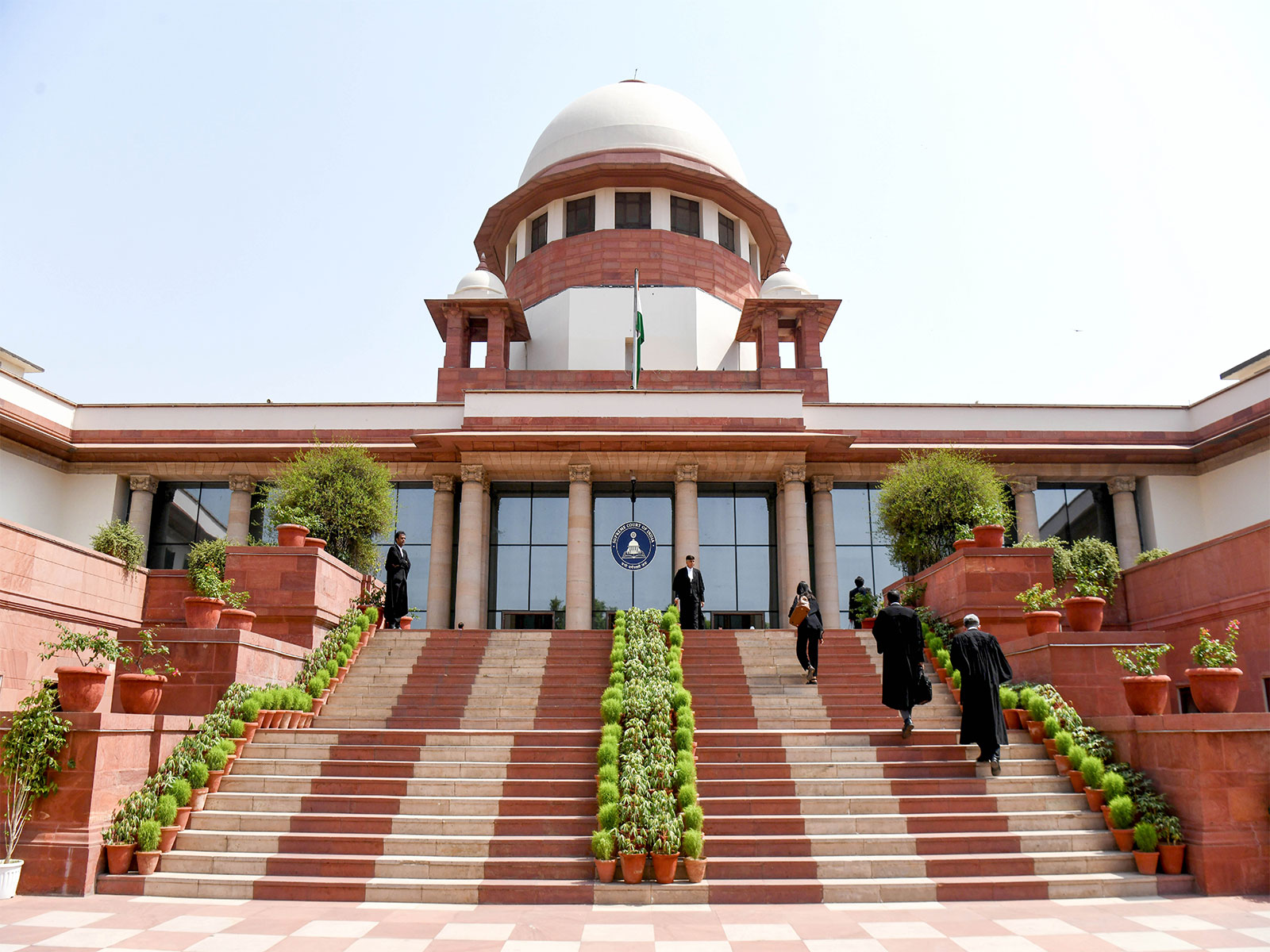Supreme Court to Regulate Stray Dog Feeding Amid Menace Concerns
The Supreme Court has intervened in the rising issue of stray dog bites, summoning Chief Secretaries for failing to comply with previous orders. Plans to regulate dog feeding in government areas are underway. The court aims to balance public safety with animal welfare, following a systematic oversight by the authorities.

- Country:
- India
The Supreme Court of India addressed the escalating issue of stray dog bites, requiring Chief Secretaries from multiple states and Union Territories to appear before the court. They were called to account for not complying with earlier directives to file affidavits related to the management of the stray dog menace.
A bench, including Justices Vikram Nath, Sandeep Mehta, and NV Anjaria, announced impending guidelines to regulate dog feeding in government premises, indicating stricter measures are on the horizon. Victims of dog bites will also have a chance to be heard when the court reconvenes on November 7.
The court's intensified scrutiny follows multiple incidences of dog bites, raising international concerns about India's ability to manage stray populations. Previously, the court had ordered states and UTs to file compliance affidavits, but many failed to adhere, prompting the latest session.
On August 22, the Supreme Court revised an earlier order, allowing sterilized and immunized stray dogs to return to their home areas unless deemed aggressive or rabid. This decision aims to mitigate human-dog conflicts, emphasizing controlled feeding and expanding proceedings to address the nationwide issue.
This intervention follows decades of inadequate response to the public safety threat posed by stray dogs, with the court underscoring the dual aim of protecting citizens while ensuring animal welfare. The detailed directives reflect considered deliberation rather than hasty measures.
ALSO READ
-
DMK Challenges Electoral Roll Overhaul in Supreme Court
-
DMK says it has filed petition in Supreme Court against SIR of electoral rolls in Tamil Nadu.
-
Supreme Court Faces Major Test on Trump's Tariffs and Presidential Power
-
Diamond Fugitive Mehul Choksi Challenges Extradition in Belgian Supreme Court
-
Supreme Court Puts Hold on Karnataka's Ticketing Rule









